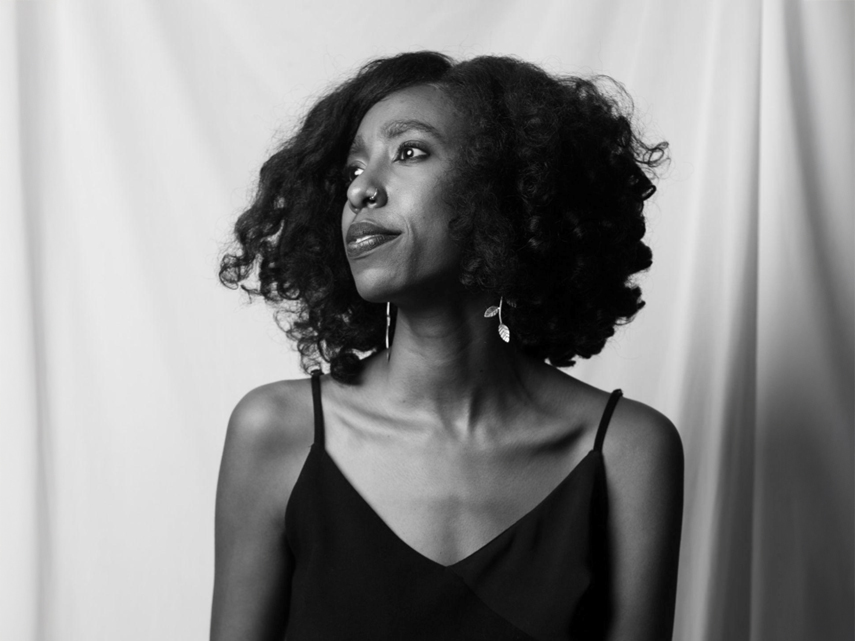Keynote speech by Chao Tayiana Maina
“Until the lion learns to write, the story will always glorify the hunter.” This African proverb, echoed across diverse cultures, encapsulates a profound truth: history is not neutral. It is a contested terrain shaped by power, by those who tell it and those whose voices are silenced.
In the context of the Global South, historical narratives have long been constructed through the lens of colonial powers. Archives have been withheld, objects displaced, and voices especially those of women and children systematically erased. The challenge before us is not only to acknowledge these absences but to actively engage in the work of historical reclamation: undoing, restoring, and reimagining.
To understand these silenced or subaltern histories is not merely to add missing voices, but to undertake the deeper work of historical reclamation. This process demands more than good intentions: it requires tools, access, and infrastructure. While we increasingly acknowledge that the lion must tell its own story, the more urgent questions become: What tools does the lion need to write? Where does that writing begin? And who stands in solidarity in the act of remembering, restoring, and resisting?
This keynote explores the critical role of public history as a space for intervention, disruption, and transformation. It examines how historical authority can be redistributed through resourcing, providing not only access to archives and artifacts, but also skills, platforms, mentorship, and support systems that empower individuals and communities to shape their own narratives.
Ultimately, The Lion’s Tools is not only a metaphor for empowerment; it is a call to action. It invites us to move beyond the critique of dominant narratives and toward actively constructing new ones that acknowledge and confront resource asymmetries, engage with the possibilities and challenges of the digital age, and center the voices of those historically pushed to the margins.
About the speaker
Chao Tayiana Maina – a Kenyan historian and digital heritage specialist who operates at the dynamic intersection of digital humanities and public education.
With a background in computer science and a specialization in digital heritage studies, she leverages digital technologies to uncover and amplify previously hidden or suppressed historical narratives. Her work is dedicated to making these narratives accessible to a broader audience and empowering communities to engage deeply with their cultural heritage.
She is the founder of African Digital Heritage, a co-founder of the Museum of British Colonialism, and a co-founder of the Open Restitution Africa project.
More information on Chao Tayiana Maina on her personal page.
About the event
This keynote speech is part of the international Public History online seminar Public history for contested and conflicting past(s), organised by the students of the Master in Digital and Public History (MADiPH) at the University of Luxembourg.
